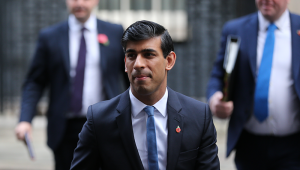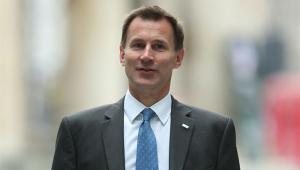This was the conclusion of a joint report published today by the Institute for Government, the Chartered Institute of Taxation and the Institute for Fiscal Studies on improving tax policy formulation.
The UK’s existing system is “not fit for purpose”, the report said. In particular, secrecy, limited scrutiny and challenge combined with the power of the Treasury, had led to “an ever-lengthening tax code…confusion for taxpayers, poor implementation, political reversals and constrained options”.
The report made ten recommendations to improve the situation, such as improving transparency, setting clearer policy directions, extending the ‘road-map’ approach, improving the consultation process, engaging the public more and improving Parliamentary scrutiny.
The authors praised the decision by chancellor Philip Hammond to abandon the Autumn Statement in favour of holding a single annual fiscal event, and urged future governments to stick to this arrangement. The volume of tax changes confused the public and made it difficult for the government to consult effectively on all the measures they propose, they said.
Hammond’s move provided an opportunity to “get off the treadmill of constant change,” which could also reduce strain on government tax policy resources as well as “freeing up time for better consultation and scrutiny of those proposals that are put forward”.
Another key recommendation of the report was for the government to publish clearer guiding principals and priorities for tax policy early in a new Parliament, because the absence of a definite sense of direction made planning more difficult.
IFS director Paul Johnson, one of the authors of the report, said: “Tax policy is too important to leave to the chancellor alone. We need a more open policy making process as a route to a better tax system.”
He added that the lack of any explicit tax strategy “allows policy to be made on the hoof and makes it harder to engage the public in a much-needed rational debate about tax”.
The report highlighted the importance of bolstering the opportunities for feedback and challenge for new tax proposals before they become law.
Jill Rutter, programme director at the Institute for Government and another report author, said the Treasury needed a “more robust” system of tax policy formation.
She said: “In particular we need to overhaul the internal Budget processes, to ensure there is more challenge from within and Parliament needs to improve the way it scrutinises tax proposals before they are implemented – and their effectiveness once they are.”
To this end, the report authors suggested the creation of a Budget Cabinet committee, to ensure high-level tax policy decisions were made more collectively.
The Treasury permanent secretary “should also be willing to exercise his
‘accounting officer’ function for budget spending measures and spending-like tax
reliefs”. These should be subject to scrutiny by the National Audit Office.
Moreover, there should be independent challenge at an early stage to Treasury and HM Revenue & Customs assessments of business impacts.
Consultations on tax policy should be improved, with more time left to garner opinion and expertise from a wider range of sources. Meanwhile, the introduction of external, public reviews of aspects of the tax system would promote debate and help to engage the public.



















